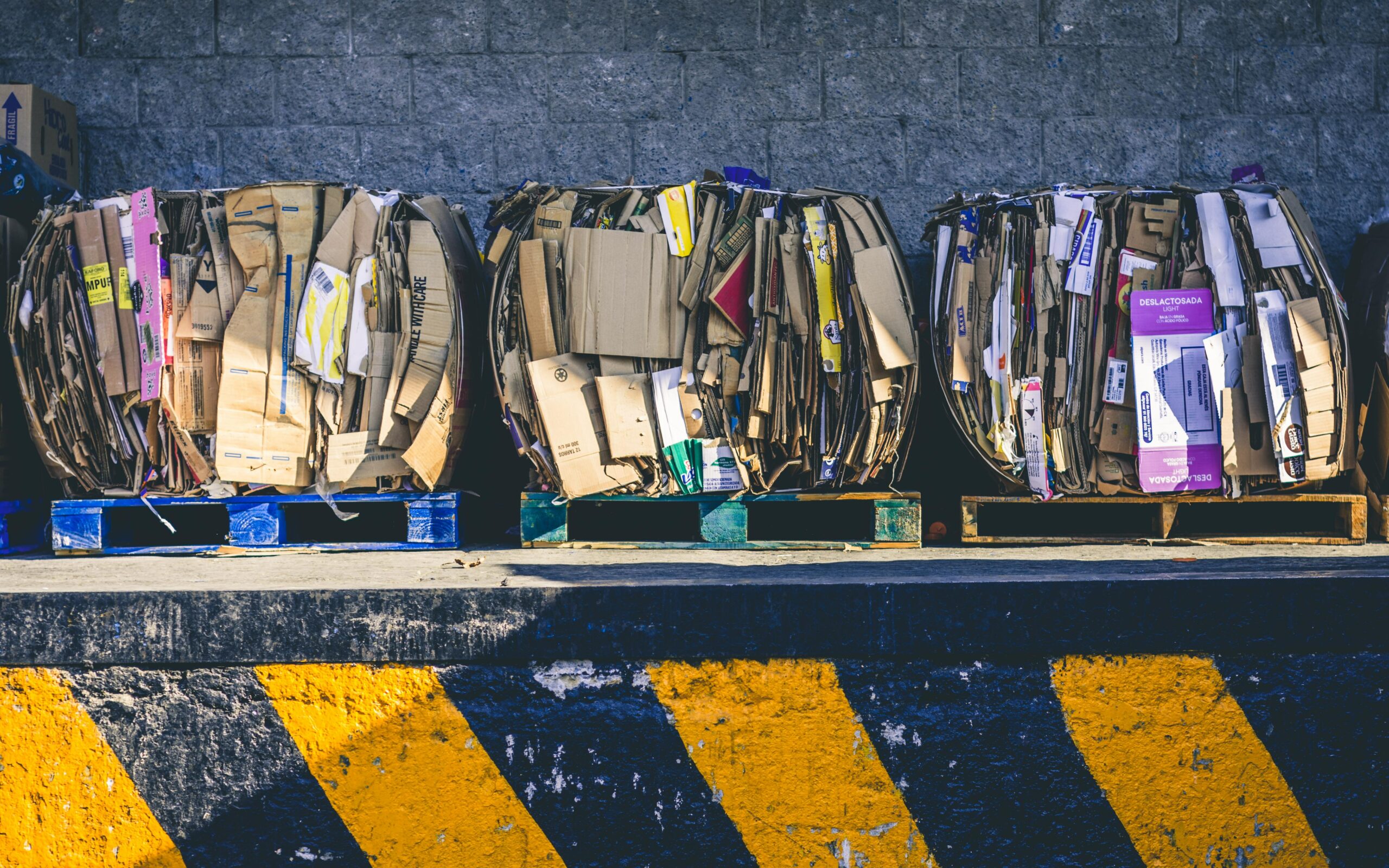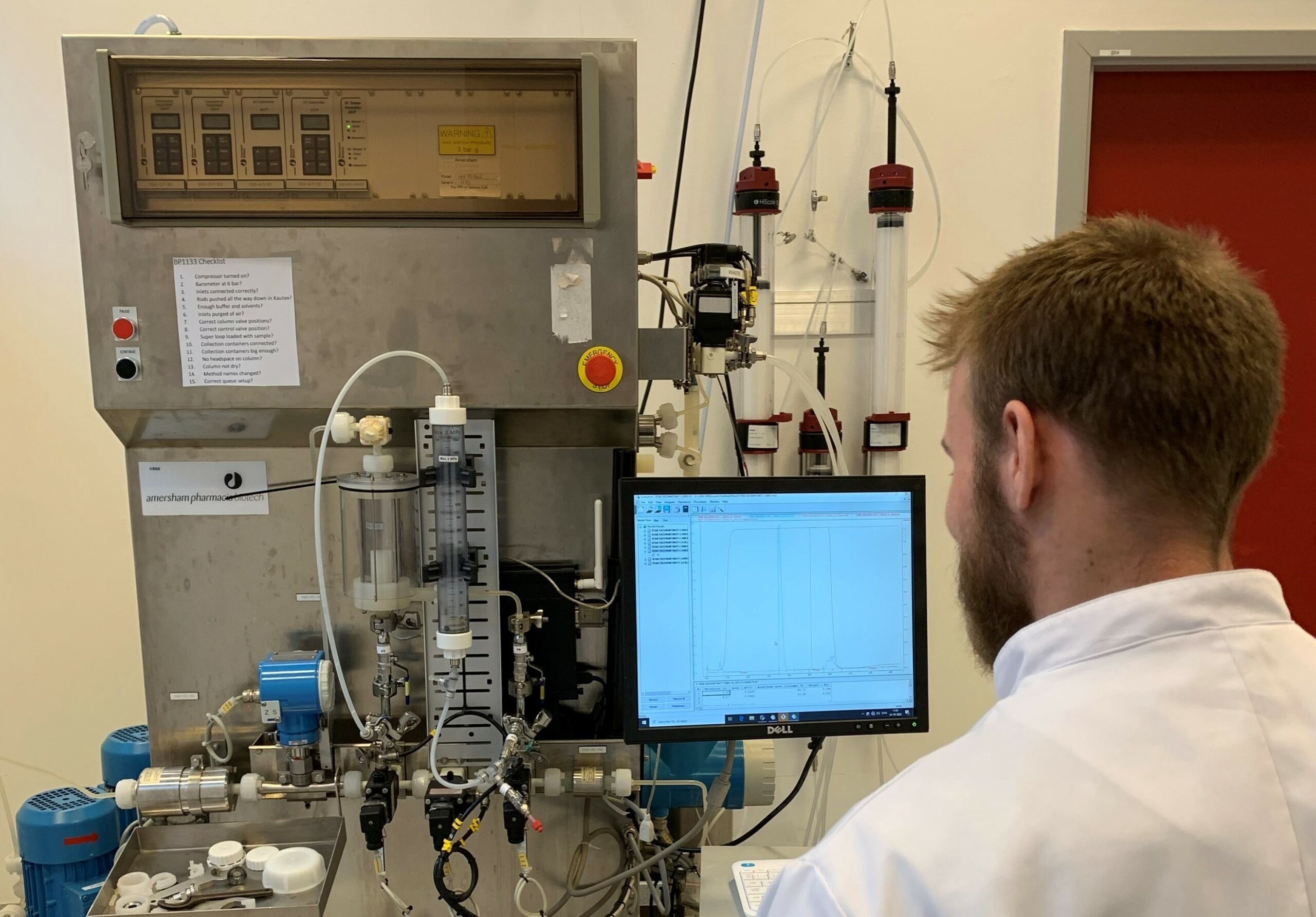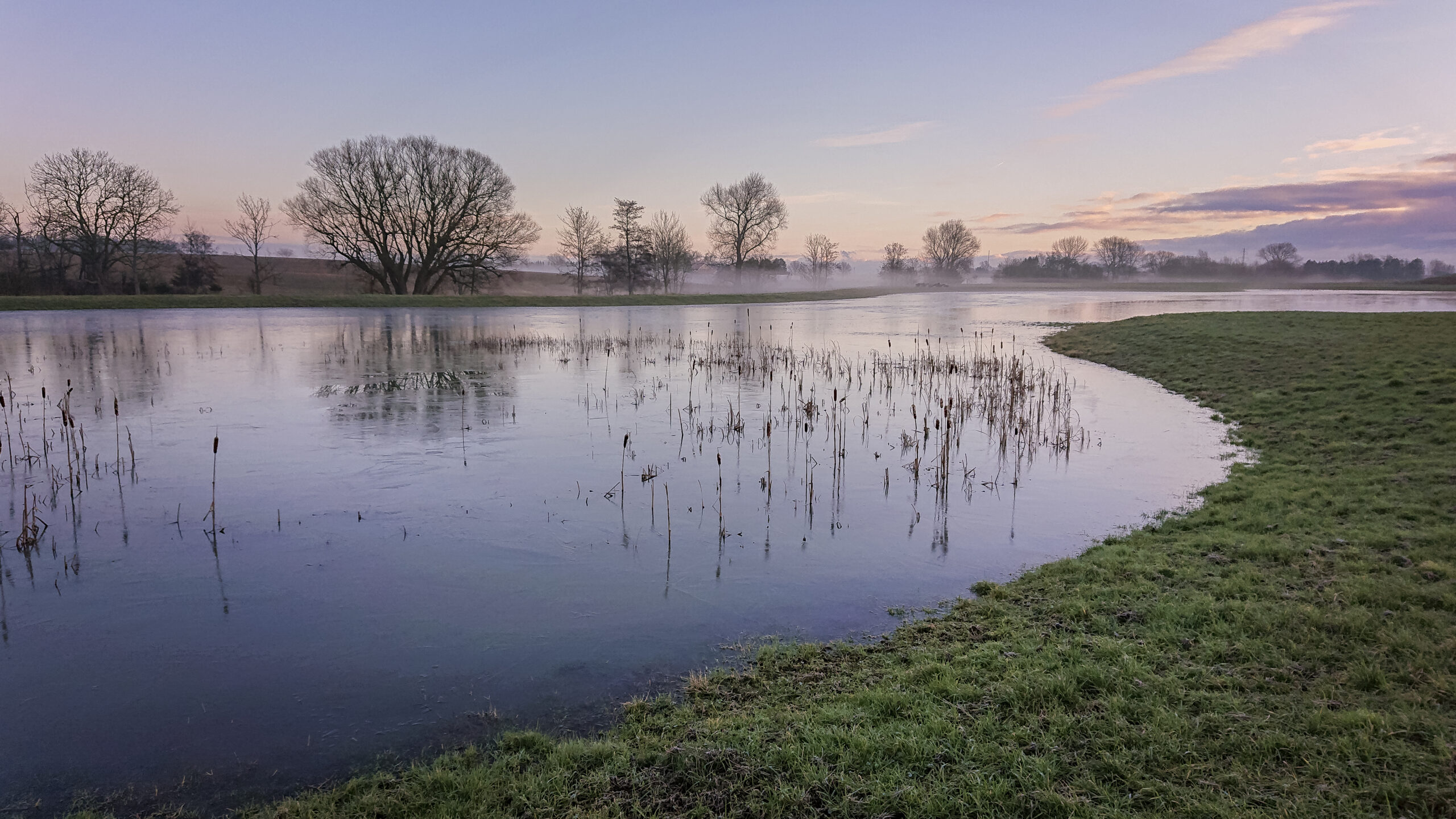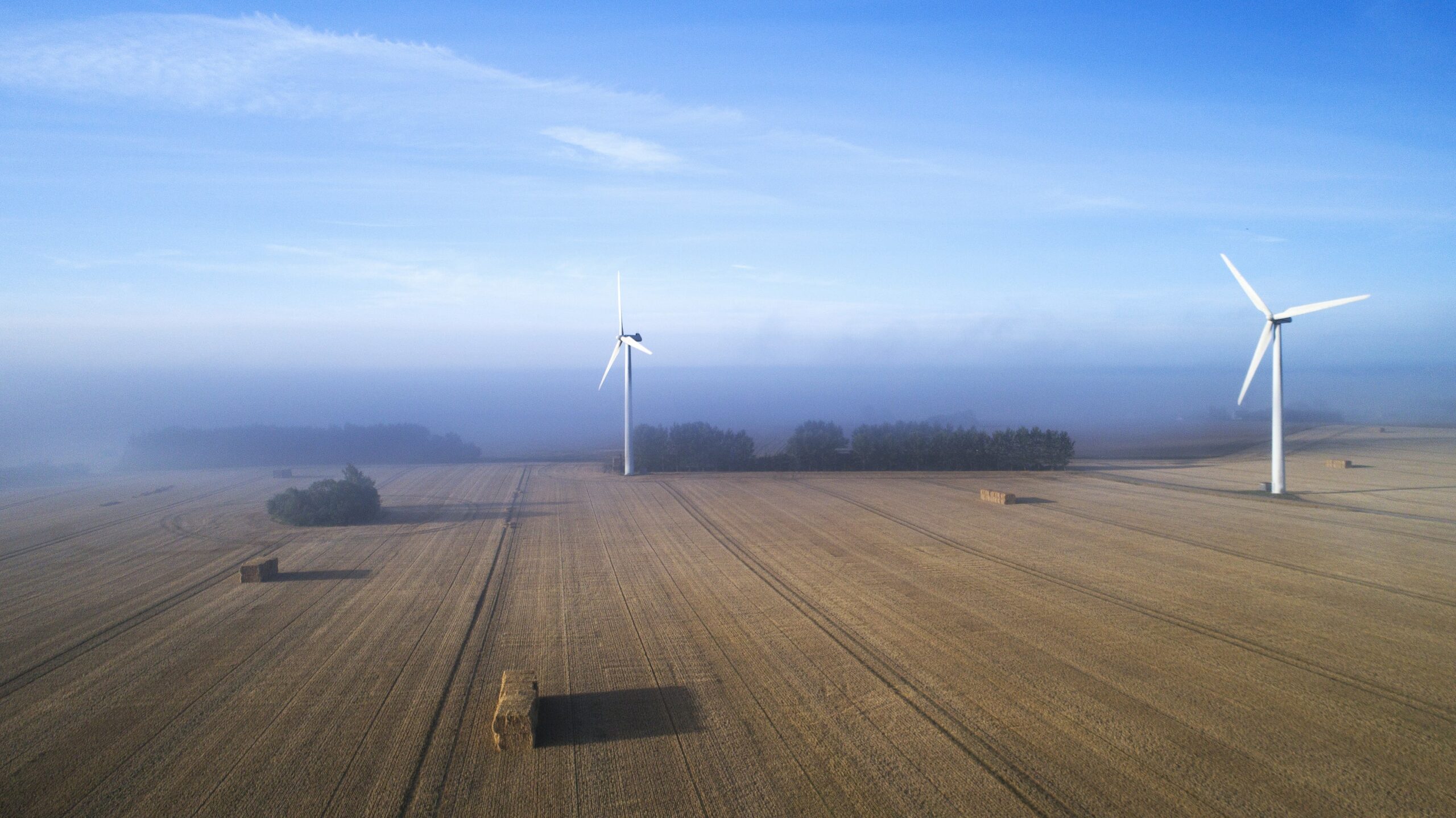News
Waste management
Circular business models
Recycling of waste to material
+2
Denmark is one step closer to a climate-neutral waste sector


Denmark and a line of other countries are well-underway with sorting waste for the benefit of the climate and the environment. The next step is securing global standards and an effective waste chain ensuring that when citizens make a green difference at the bin, they can trust that the sorted waste does not get mixed up, go up in smoke or end up in a landfill elsewhere in the world.
Therefore, the Danish Government and a broad majority in the Danish Parliament are now strengthening the waste inspection and control of the export and import of waste. At the same time, an ambitious deadline has been set for Danish municipalities’ households and separate collection of textile waste, so that all citizens can send torn t-shirts and textiles for recycling instead of incineration. A more robust regulation of the waste fee is likewise being introduced, so that citizens’ expenses for waste management are kept down.
Related news: New political agreement to ensure a green Danish waste sector by 2030
At the current pace, we consume far more than our planet can sustain. It is absolutely necessary that we reduce our waste volumes and recycle more. With today’s agreement, we are one step closer to a climate-neutral waste sector where citizens can trust that when they sort waste, it will actually be recycled. And where we all make a green difference at the bin and take better care of the planet’s natural resources, says Denmark’s Environment Minister Lea Wermelin.
The new agreement is a follow-up to the Agreement on Climate Plan for a green waste sector and circular economy from 2020 (in Danish), which will lead to a reduction of approximately 0.7 million tonnes of Denmark’s emissions of greenhouse gases in 2030.
Read the ”Climate plan for a green waste sector and circular economy‘ and the ‘Corporatisation of the municipalities’ delivery of waste services‘ in full (both in Danish). Below is a highlight of initiatives from the two new agreements.
Strengthened waste supervision and streamlined practice
Companies in Denmark have a duty to sort their waste and ensure that sorted recyclable waste does not go up in smoke. With the agreement, the frequency of checks will be increased. This also applies to the import and export of waste. The efforts are targeted at the companies where there is the greatest risk that the rules will not be complied with, and where the environmental risk from breaking the rules is greatest. The bill for the increased number of controls must no longer be placed with the citizens, but with the companies that receive an inspection.
Determination of deadline for collection of textile waste close to the household
During the coming year, all citizens will have the opportunity to easily sort clothing and textile waste. The parties to the agreement have agreed that the municipalities must roll out near-household collection of textile waste before 1 July 2023. This must contribute to clothing and textile waste being recycled as much as possible in the future and used as materials in new products instead of being burned.
Robust regulation of the waste fee
Waste management must be environmentally and climate-friendly, but at the same time must be made more efficient due to the costs for the individual citizen. The increased and streamlined waste management will result in price increases in citizens’ waste fees. That increase will now be matched by measures to reduce costs.
There is a difference in how much citizens pay to have their waste picked up and handled, depending on where they live. And it can be difficult to see what they are paying for. With the new agreement, the parties to the agreement will make the municipal waste fees more transparent, i.e. by comparing and publishing waste fees in the municipalities. In addition, a central tender guide and tender templates are developed based on best practices to support more efficient municipal waste tenders. At the same time, a price ceiling is introduced on municipal waste fees.
Corporatisation of the municipalities’ delivery of waste services
There is agreement that the municipalities’ delivery of waste services should be incorporated. In this way, the distortion of competition that has arisen, which results from the National Tax Court’s decision from October 2020, is countered, as the incorporation must ensure that the supply of waste services to households again becomes subject to VAT.















